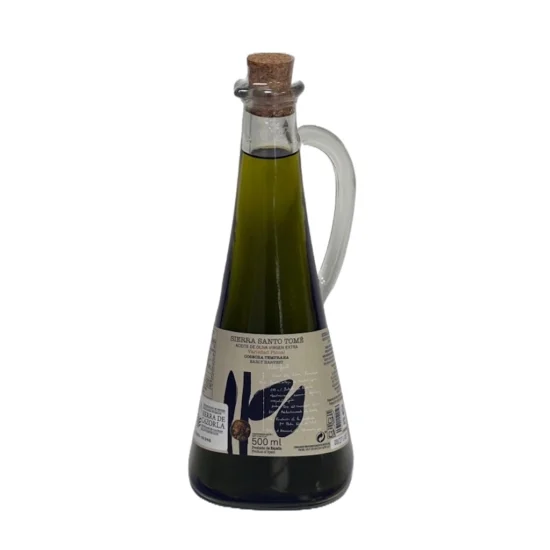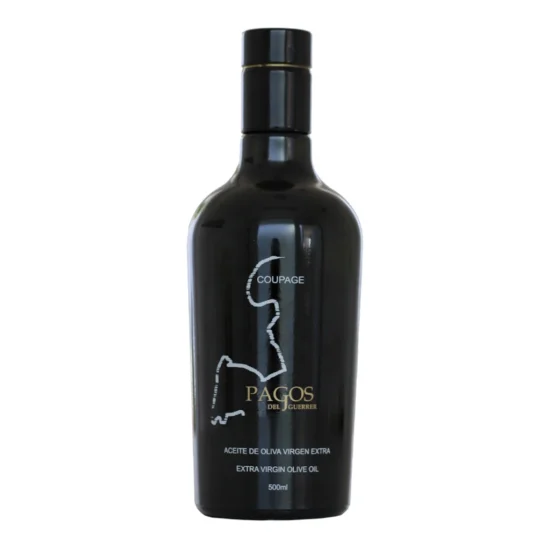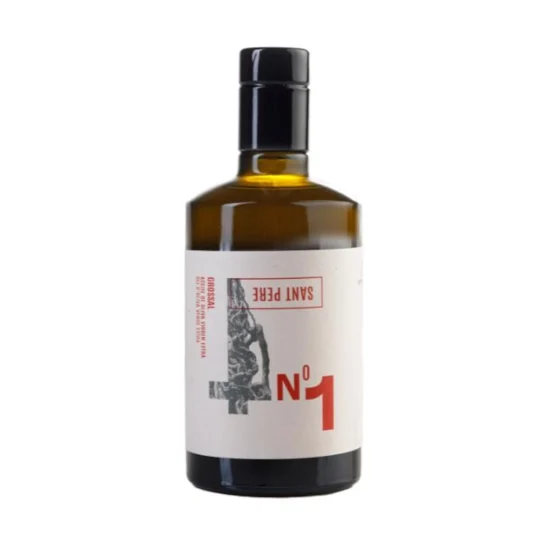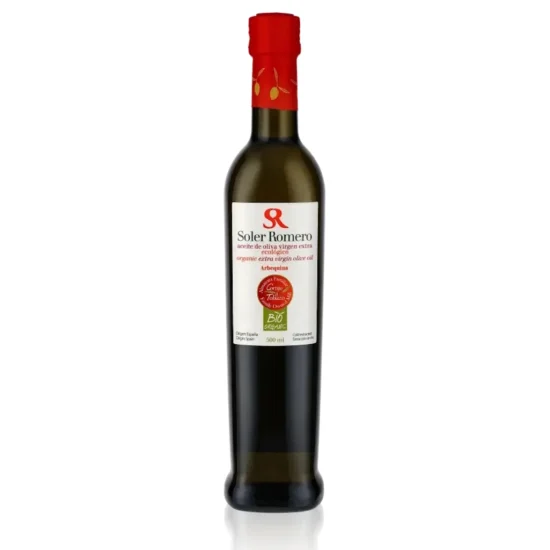New health benefits of an extract of phenolic compounds from extra virgin olive oil to prevent the appearance of new blood vessels in cancer.
A team from the Malaga Institute of Biomedical Research and Nanomedicine Platform (IBIMA BIONAND) and the University of Malaga (UMA) has published a pioneering study revealing the antiangiogenic potential of extra virgin olive oil (EVOO).
The term antiangiogenic refers to any molecule capable of stopping or slowing down the formation of new blood vessels. In this sense, antiangiogenic treatments or substances prevent the creation of new veins or arteries in the body, which is very important in diseases such as cancer, where tumors need to form new blood vessels to grow and develop. Thus, by blocking this process, the growth of tumors that depend on the creation of these vessels can be limited.
The study, published in the Journal of Agricultural and Food Chemistry, demonstrates that an EVOO extract, specifically from the Picual variety, can inhibit the formation of new blood vessels, opening new avenues for its use in the treatment of diseases related to angiogenesis, such as cancer and macular degeneration.
Extra virgin olive oil, an essential element of the Mediterranean diet, is known for its health benefits, such as its anti-inflammatory and antioxidant properties. However, this study, conducted using advanced proteomic techniques, goes further by identifying how certain phenolic compounds in EVOO can influence the activity of endothelial cells, responsible for the formation of new blood vessels.
Therefore, the use of EVOO extracts to inhibit angiogenesis is a promising tool that encourages further research in this direction, with an approach that could complement current treatments and offer less invasive alternatives in various pathologies in the future.
Important Note: aceitedelcampo.com promotes the consumption of extra virgin olive oil for its culinary qualities and health benefits. However, no medication or current treatment should be replaced without the guidance of a healthcare professional.




ALZAYT EXPORT SL
info@aceitedelcampo.com
C/ Eduardo Bosca 19, 2-5
46023 Valencia
Subscribe and receive a coupon by email for your next purchase.